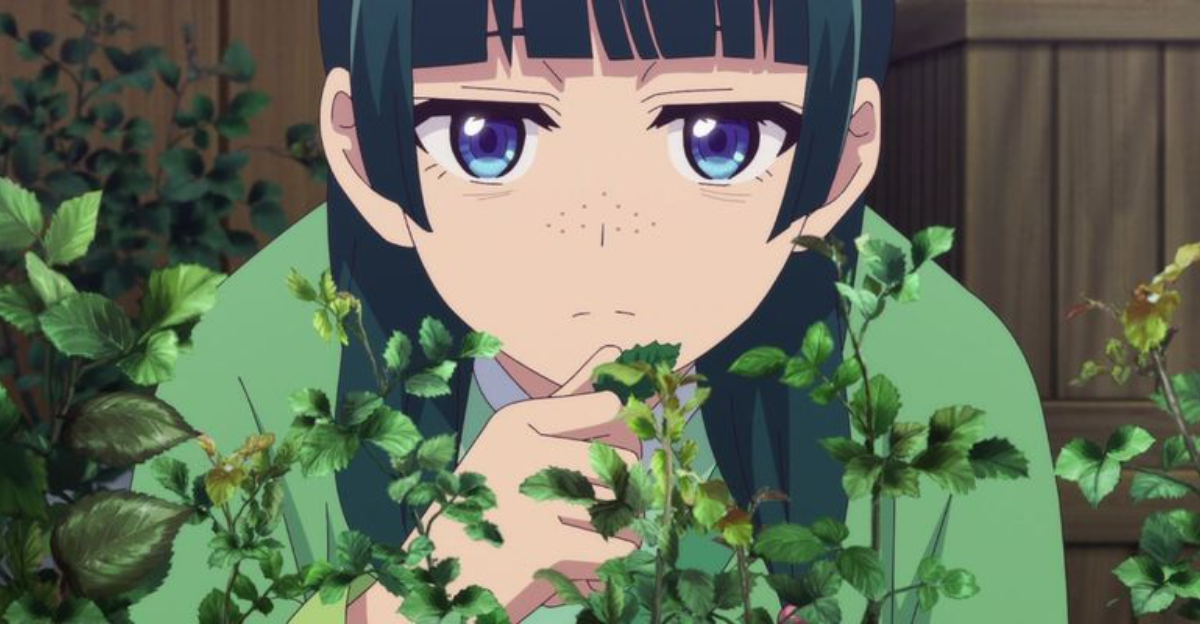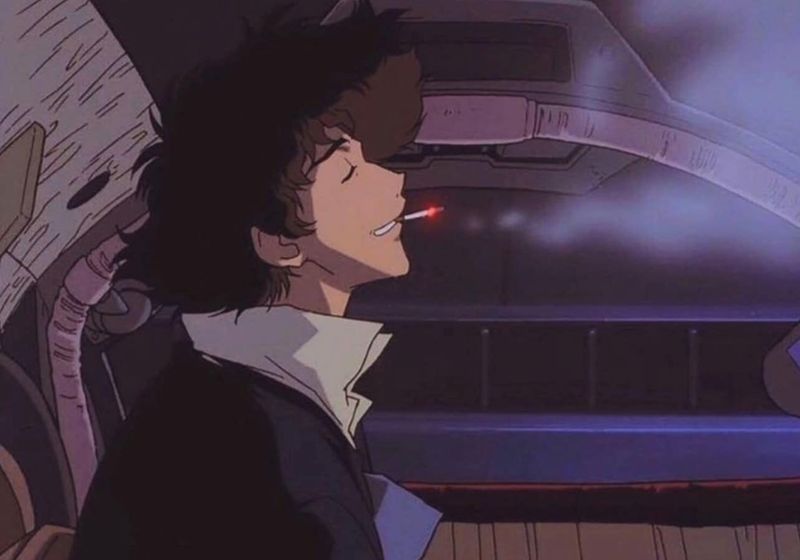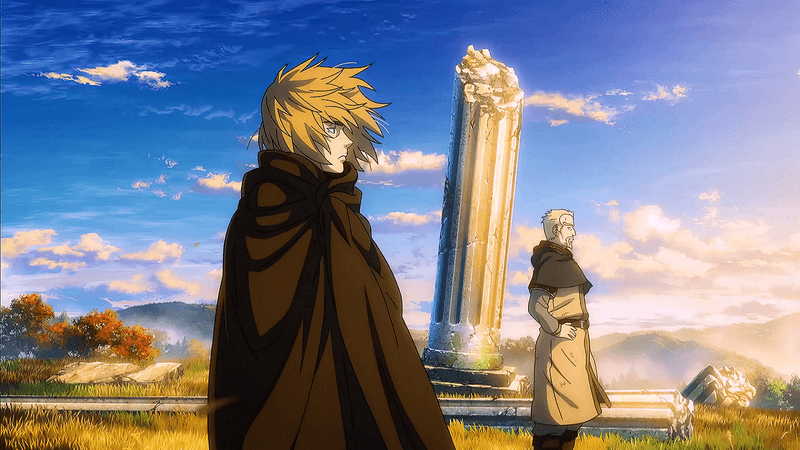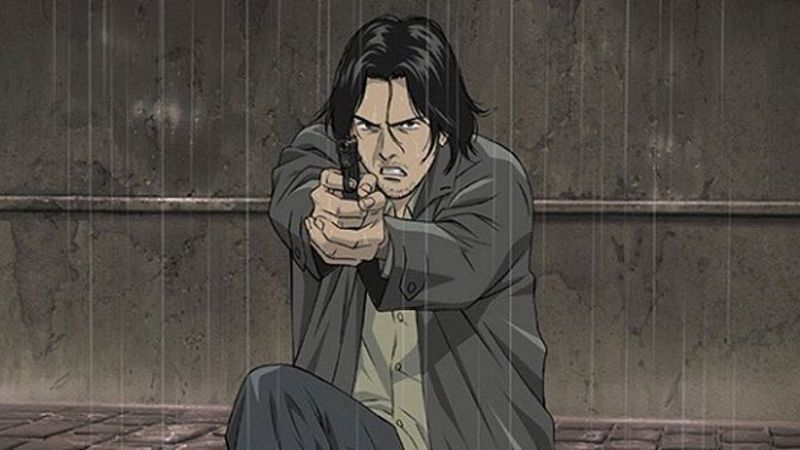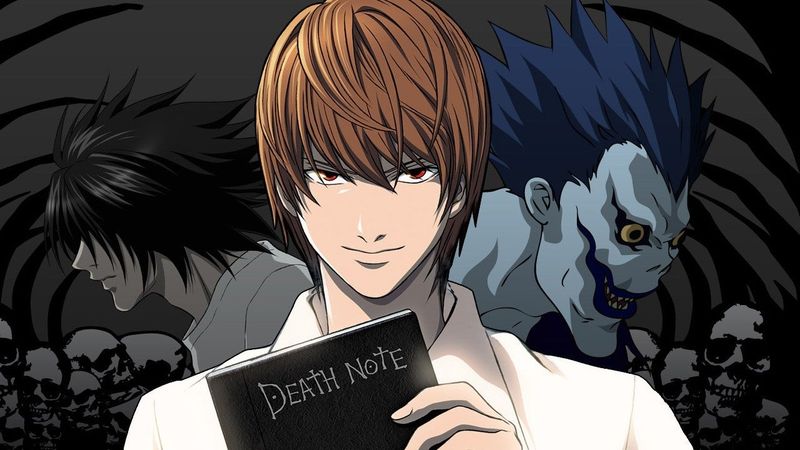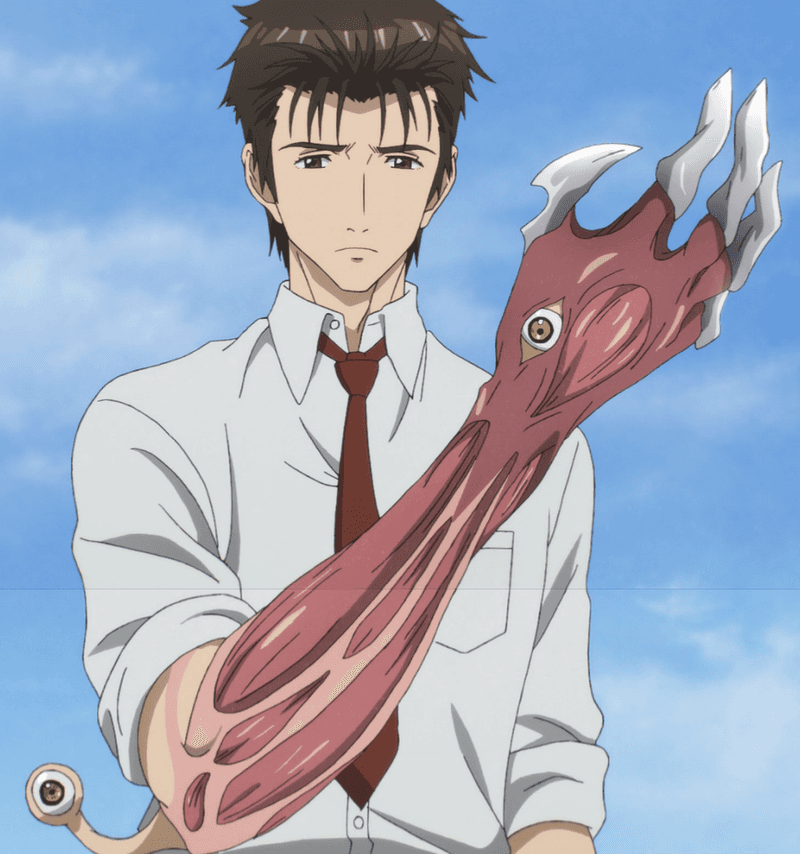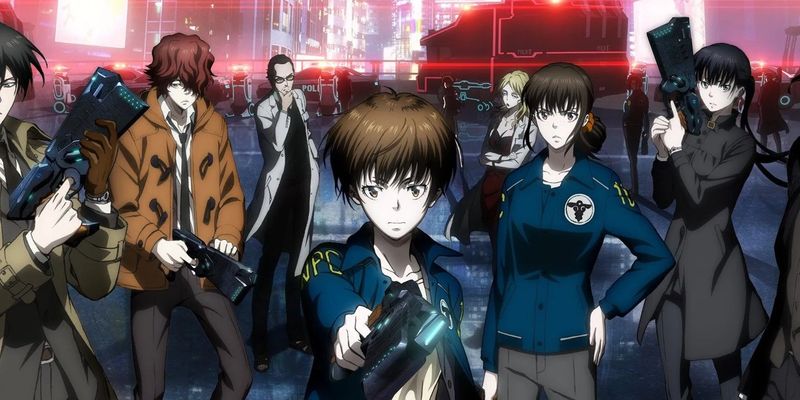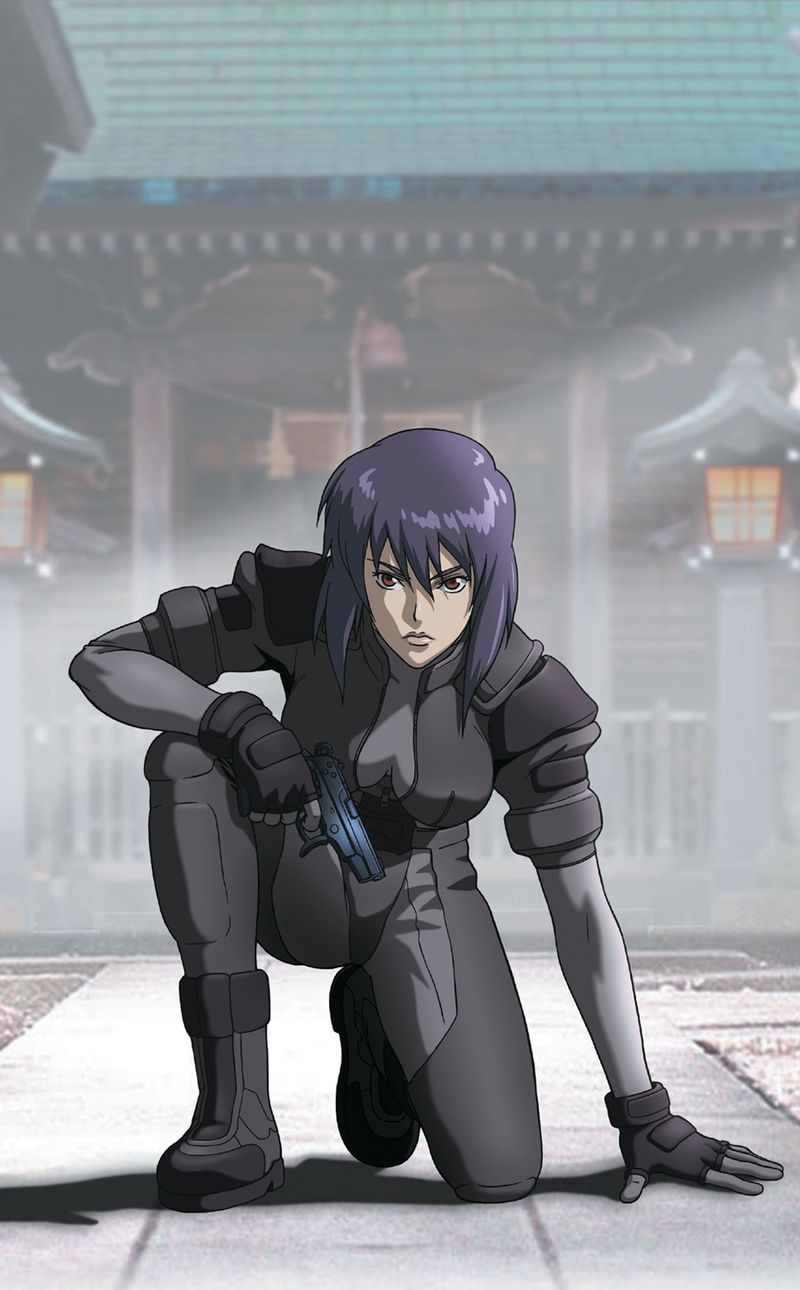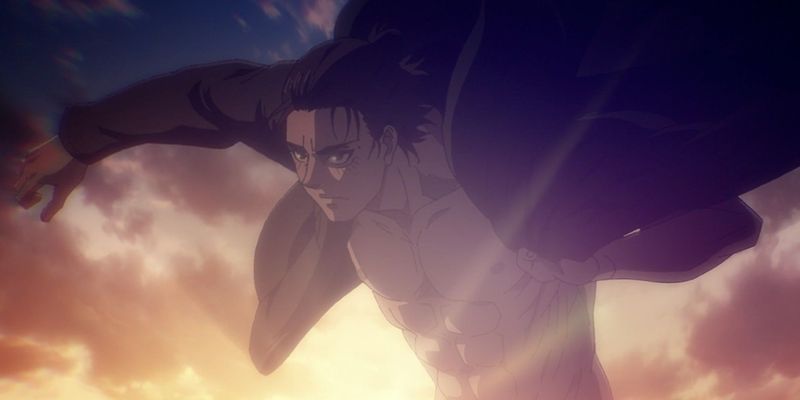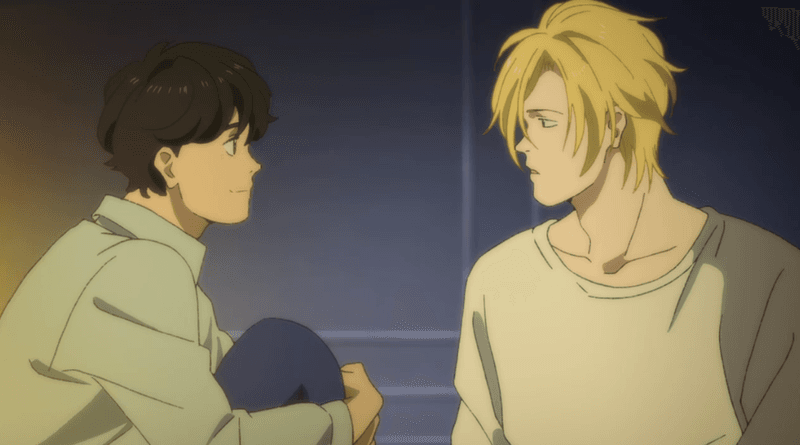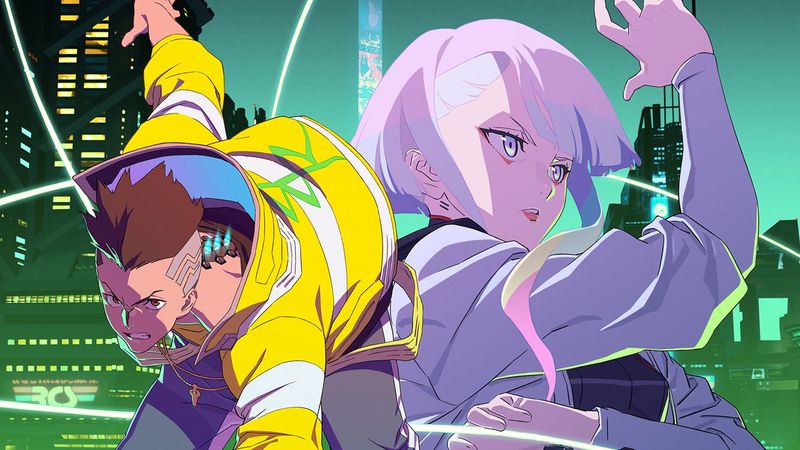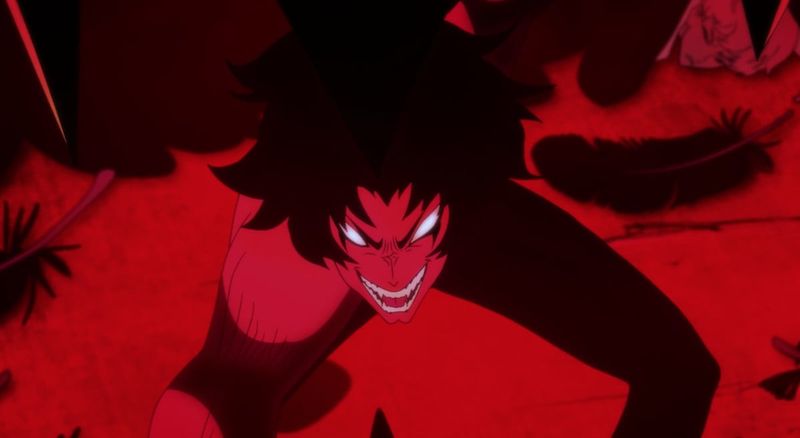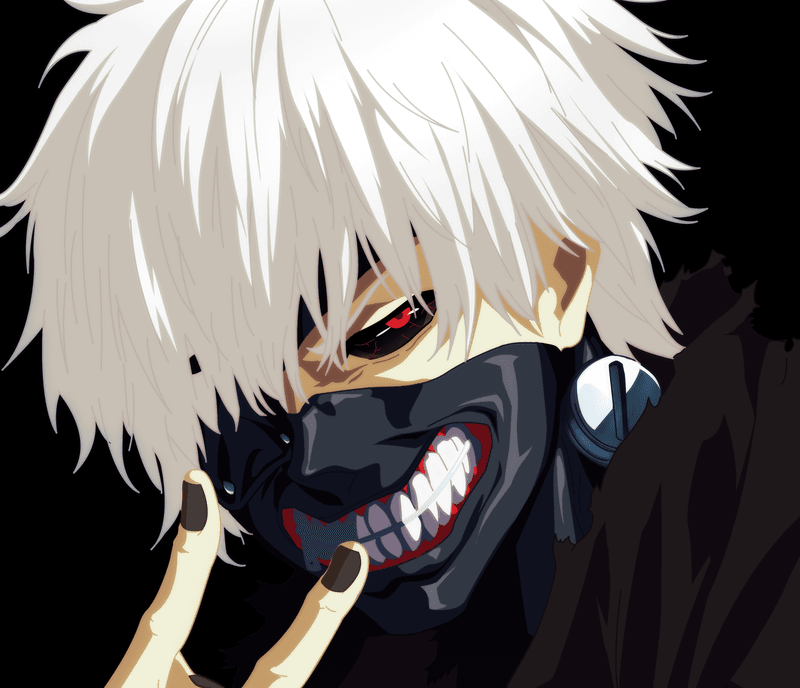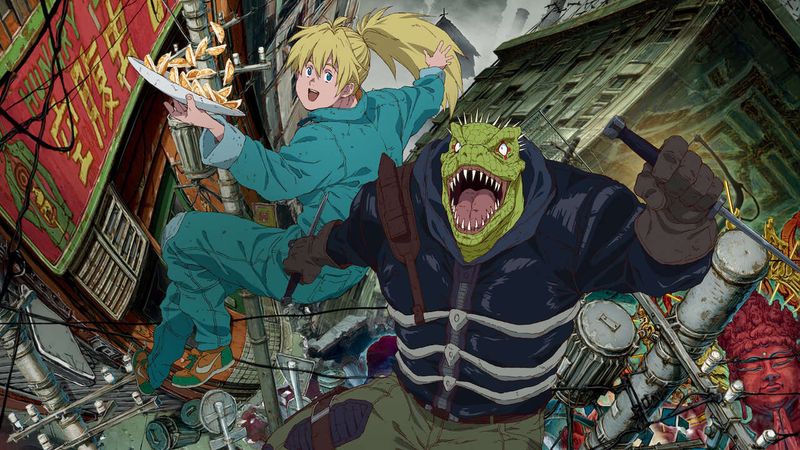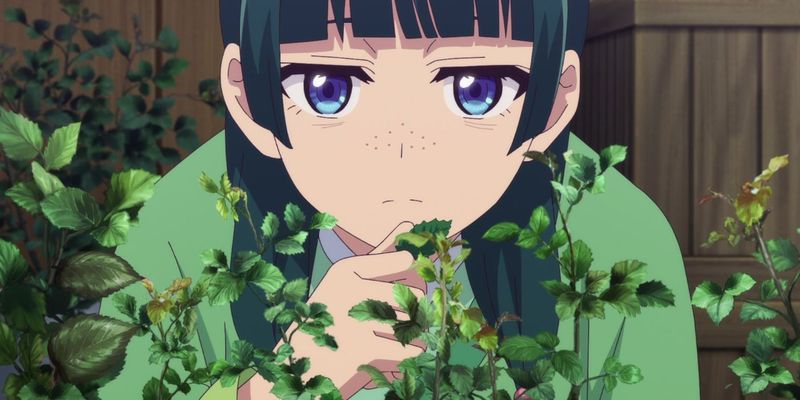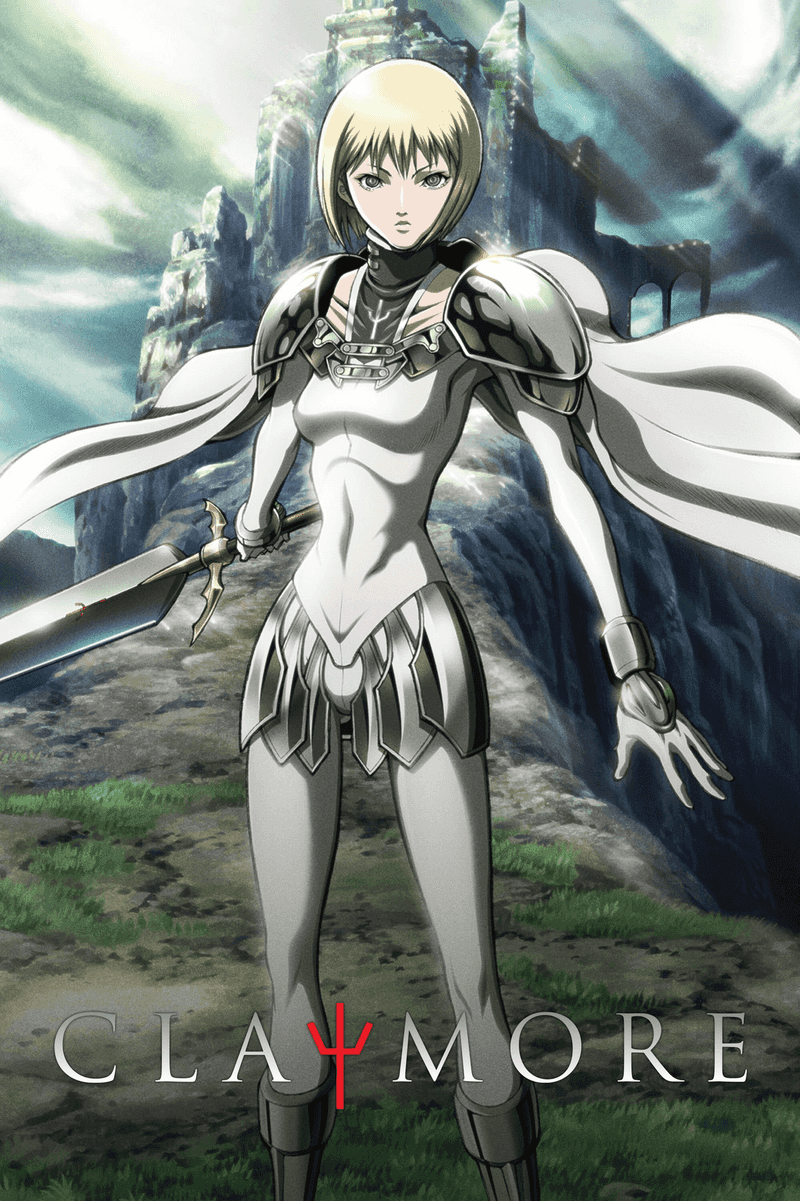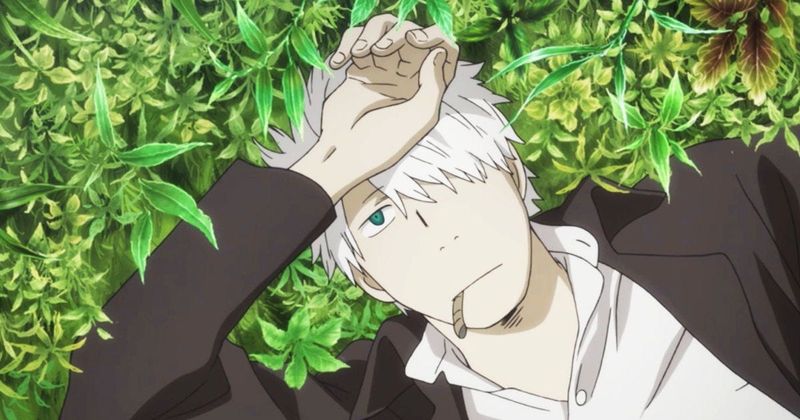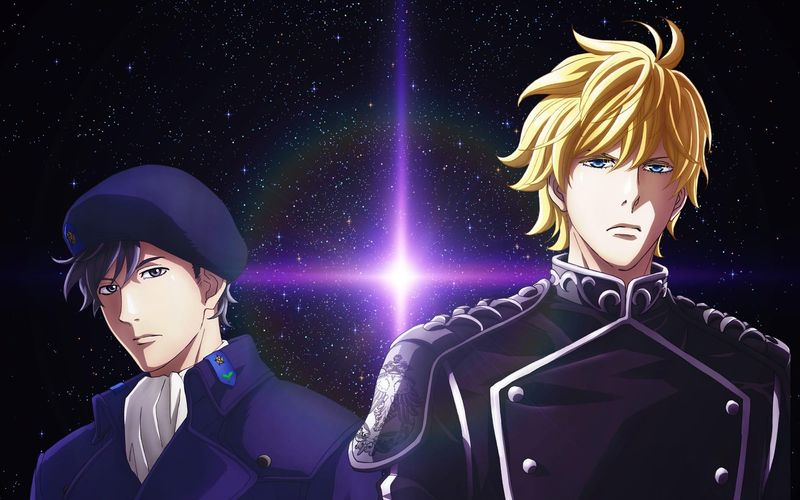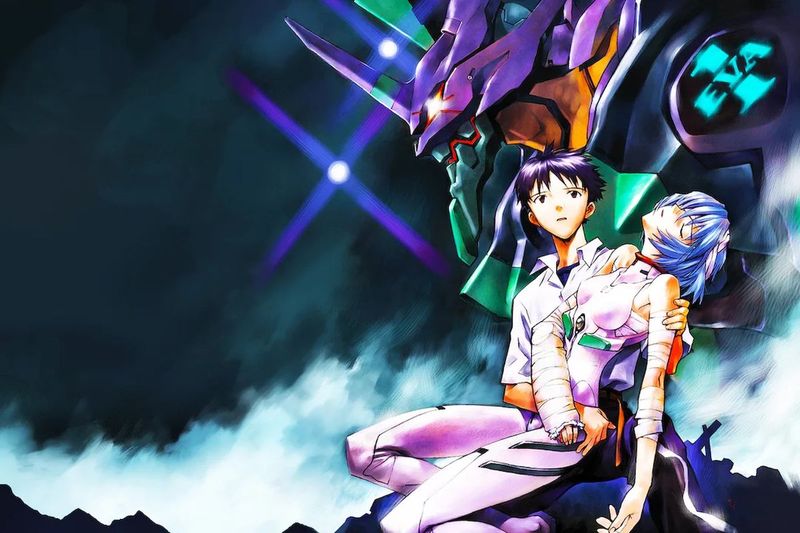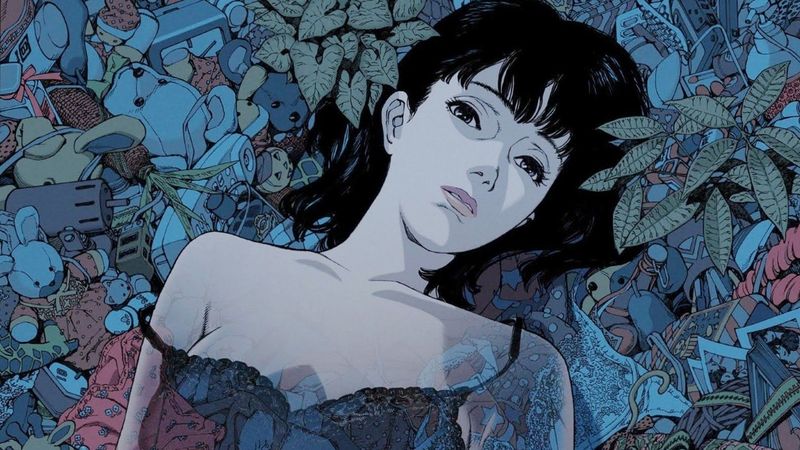Anime offers a treasure trove of sophisticated storytelling that goes well beyond children’s entertainment. Many series tackle complex themes like mortality, identity, and moral ambiguity with stunning visuals and emotional depth. Whether you’re new to anime or a seasoned viewer looking for your next obsession, these adult-oriented series deliver compelling narratives that will keep you thinking long after the credits roll.
1. Cowboy Bebop: Space Jazz Noir
Spike Spiegel’s laid-back demeanor hides a tortured past in this genre-defining masterpiece. The Bebop crew—bounty hunters drifting through space—each carry their own emotional baggage, creating a perfectly balanced ensemble cast.
What makes this show special isn’t just its stylish action sequences or incredible jazz soundtrack. It’s the profound sense of melancholy and existentialism woven throughout seemingly standalone episodes.
Each character is running from something, creating a poignant exploration of whether we can ever truly escape our past. The series finale remains one of anime’s most perfect endings—bittersweet, inevitable, and utterly unforgettable.
2. Berserk: Medieval Nightmare
Raw, uncompromising, and haunting—the 1997 adaptation of Kentaro Miura’s dark fantasy masterpiece pulls no punches. Guts, the Black Swordsman, swings a sword too massive for ordinary men while battling demons both literal and personal.
Beyond the brutal violence lies a heartbreaking tale of friendship, betrayal, and ambition. The relationship between Guts and Griffith forms the emotional core, exploring how admiration can twist into something far darker.
The infamous Eclipse sequence stands as perhaps anime’s most disturbing climax. Though animation quality sometimes falters, the atmospheric direction and unforgettable soundtrack more than compensate, creating a medieval nightmare you can’t look away from.
3. Vinland Saga: Viking Redemption
Few anime transform their protagonist as profoundly as Vinland Saga does with Thorfinn. Beginning as a revenge-obsessed boy in a brutal Viking world, his journey becomes a meditation on violence, purpose, and what makes a life worth living.
Season one delivers heart-pounding action and introduces Askeladd, one of anime’s most complex antagonists. But season two elevates the series to masterpiece status, asking whether a warrior can find peace after a lifetime of bloodshed.
The historical setting feels authentic and lived-in, with gorgeous animation capturing both serene farmlands and chaotic battlefields. For viewers tired of stories glorifying violence, Vinland Saga offers a refreshing and deeply moving alternative.
4. Monster: Psychological Manhunt
A single decision to save a child’s life spirals into a gripping 74-episode psychological thriller. Dr. Kenzo Tenma’s moral choice puts him on the trail of Johan Liebert—perhaps anime’s most chilling villain—a sociopath whose soft-spoken manner masks unthinkable evil.
Unlike supernatural horror, Monster terrifies through human capability for cruelty. Director Naoki Urasawa crafts a deliberate, slow-burning mystery across post-Cold War Europe with a documentary-like realism rarely seen in animation.
The series examines whether evil is born or made, and if redemption remains possible after committing terrible acts. Its mature storytelling never resorts to cheap thrills, instead building dread through masterful character development and moral complexity that rewards patient viewers.
5. Death Note: Morality Chess Match
A notebook that kills anyone whose name is written in it—such a simple premise spawns one of anime’s most riveting intellectual duels. Light Yagami transforms from brilliant student to self-proclaimed god of justice when he discovers the Death Note.
The cat-and-mouse game between Light and the eccentric detective L elevates this series beyond typical supernatural fare. Each mental trap and counter-move feels like watching grandmasters play chess with human lives as pawns.
What makes Death Note particularly compelling for adult viewers is its moral ambiguity. As Light’s methods become increasingly extreme, viewers question their own initial support for his vigilante justice. The series peaks early but remains a masterclass in psychological tension throughout.
6. Parasyte: The Maxim: Body Horror Evolution
Imagine waking up to find an alien parasite has replaced your right hand. For Shinichi Izumi, this nightmare becomes reality when Migi, a sentient parasite, fails to take over his brain and instead forms a reluctant partnership with him.
The body horror elements—parasites morphing human heads into grotesque weapons—serve a deeper exploration of what defines humanity. As Shinichi gains power but loses emotional connection, the line between human and monster blurs fascinatingly.
Unlike many monster stories, Parasyte presents its alien invaders with surprising nuance, raising questions about humanity’s relationship with Earth’s ecosystem. The series maintains perfect pacing across its single season, delivering a complete and satisfying narrative arc.
7. Psycho-Pass: Dystopian Justice System
In a future where your mental state can be quantified and criminality predicted, Psycho-Pass asks uncomfortable questions about freedom versus security. Rookie Inspector Akane Tsunemori joins a police force that executes potential criminals before they act.
The philosophical cat-and-mouse game between Akane and the brilliant antagonist Shogo Makishima forms the heart of season one. Their ideological clash examines whether a society that sacrifices free will for safety is worth protecting.
Though later seasons never quite recapture the magic of the first, the original stands as a complete cyberpunk masterpiece. Its exploration of surveillance technology and algorithmic justice feels increasingly relevant as our own society grapples with similar ethical dilemmas.
8. Ghost in the Shell: Stand Alone Complex: Cybernetic Philosophy
Major Motoko Kusanagi leads an elite counter-terrorism unit in a future where the line between human and machine has blurred beyond recognition. Her fully cybernetic body houses a human ghost—or consciousness—raising profound questions about identity.
Unlike the original film’s meditative approach, Stand Alone Complex balances philosophical depth with thrilling police procedural elements. The Laughing Man and Individual Eleven cases explore how information flows and memetic ideas spread through networked society.
The series predicted our current concerns about AI, online identity, and information warfare decades before they became mainstream worries. Stunning animation, complex political intrigue, and Yoko Kanno’s hauntingly beautiful soundtrack combine to create a cyberpunk masterpiece that rewards multiple viewings.
9. Attack on Titan: War’s Moral Descent
What begins as a straightforward tale of humanity fighting monstrous Titans transforms into one of anime’s most morally complex war epics. Eren Yeager’s evolution from idealistic hero to something far more complicated mirrors the series’ expanding scope.
The true genius of Attack on Titan lies in how it systematically dismantles black-and-white thinking. Characters you once cheered for commit atrocities, while former enemies reveal understandable motivations.
Few series have depicted the cycle of violence and generational trauma with such unflinching clarity. The stunning animation brings titan battles to terrifying life, but the psychological warfare and political machinations prove equally gripping. Its controversial ending continues to spark debate, proving its lasting impact.
10. Banana Fish: Noir Romance Tragedy
Street gangs, political conspiracy, and forbidden love collide in this underappreciated crime drama. Ash Lynx, a beautiful but deadly gang leader with a traumatic past, forms an unlikely bond with Eiji Okumura, a Japanese photographer whose innocence offers Ash a glimpse of the normal life he never had.
Set in 1980s New York, the series unflinchingly portrays the darker aspects of urban life—drug trafficking, sexual abuse, and violence. Yet amidst this brutality blooms a tender relationship that transcends simple categorization.
Director Hiroko Utsumi’s modern adaptation preserves the manga’s emotional core while updating its setting. The devastating finale ranks among anime’s most heartbreaking conclusions, leaving viewers to contemplate what freedom truly means for someone shaped by lifelong trauma.
11. Cyberpunk: Edgerunners: Neon-Soaked Self-Destruction
Studio Trigger’s explosion of color, violence, and raw emotion breathes life into Night City—a metropolis where corporations rule and human life holds little value. David Martinez’s meteoric rise from street kid to legendary edgerunner unfolds with breakneck pacing and visual flair.
Unlike many video game adaptations, Edgerunners stands brilliantly on its own. The romance between David and Lucy provides emotional grounding amidst the chaos, creating genuine stakes as cyberpsychosis threatens to consume David’s humanity.
Franz Ferdinand’s “This Fire” punctuates key moments in a soundtrack that perfectly captures the series’ frenetic energy. Though only ten episodes, Edgerunners delivers a complete, heart-wrenching story that explores how a society that treats people as disposable creates its own destruction.
12. Devilman Crybaby: Apocalyptic Body Horror
Director Masaaki Yuasa reimagines Go Nagai’s classic manga with a psychedelic, sexually charged fever dream that’s equal parts beautiful and disturbing. Sensitive Akira Fudo merges with a demon to become Devilman, retaining his human heart while gaining monstrous power.
The fluid animation style shifts between tender human moments and grotesque demonic transformations with unsettling ease. As Akira’s childhood friend Ryo pursues his mysterious agenda, the series builds toward one of anime’s most nihilistic conclusions.
Behind the excessive violence and sexuality lies a powerful allegory about otherness, mob mentality, and humanity’s capacity for cruelty. Not for the faint-hearted, Crybaby’s unforgettable imagery and emotional gut-punches linger long after its apocalyptic finale.
13. Tokyo Ghoul: Identity Crisis Horror
College student Ken Kaneki’s date with a beautiful woman turns nightmarish when she reveals herself as a ghoul—a being that hungers for human flesh. After a life-saving operation transfers her organs into him, Kaneki becomes a human-ghoul hybrid caught between two worlds.
The first season masterfully portrays Kaneki’s struggle to maintain his humanity while satisfying his new hunger. His transformation from innocent bookworm to white-haired tortured soul provides one of anime’s most striking character evolutions.
Though later seasons suffer from pacing issues and animation inconsistencies, Tokyo Ghoul’s exploration of prejudice and self-acceptance remains powerful. The kagune combat sequences—where ghouls manifest unique predatory organs—offer visually distinctive fights that complement the psychological horror.
14. Dorohedoro: Bizarre Magical Dystopia
Welcome to the Hole—a dilapidated slum where sorcerers from another dimension use residents as guinea pigs for magical experiments. Caiman, a man with a lizard head and immunity to magic, hunts sorcerers with his partner Nikaido, hoping to find the one who cursed him.
Despite its grotesque violence and body horror, Dorohedoro maintains an oddly cheerful tone. Characters casually discuss murder over gyoza dinners, creating a unique dark comedy rarely seen in anime.
The series subverts expectations by making its “villains” equally sympathetic and developed as its “heroes.” Strong female characters like Noi and Nikaido avoid typical anime tropes, instead displaying agency and raw power. This grimy, weird world somehow becomes a place you want to revisit.
15. The Apothecary Diaries: Medicinal Mystery
Maomao’s sharp tongue matches her even sharper intellect in this refreshing historical mystery series. Kidnapped and sold to the imperial palace as a servant, this former apothecary can’t help but notice suspicious symptoms among the court ladies.
Unlike many female protagonists, Maomao isn’t defined by romance or combat prowess. Her weapons are botanical knowledge, keen observation, and uncompromising pragmatism. The slow-burning relationship with her patron Jinshi evolves naturally through mutual respect rather than contrived drama.
Set in a fictionalized ancient China, the series explores court politics, medical knowledge, and social hierarchies with surprising depth. Each poisoning or mysterious illness presents a puzzle solved through scientific reasoning rather than magical powers, creating uniquely satisfying resolutions.
16. Claymore: Female-Led Dark Fantasy
Half-human, half-demon women known as Claymores patrol a medieval landscape, slaying monstrous yoma for a shadowy organization. Clare, ranked lowest among these silver-eyed warriors, harbors a personal vendetta that drives her to break the organization’s strict rules.
Unlike many fantasy series, Claymore features an almost entirely female cast whose characterization never relies on fanservice or romance. Their silver eyes, massive swords, and the constant struggle against their demonic nature create a visually striking and emotionally resonant narrative.
The bond between Clare and the orphan Raki adds emotional depth without diminishing the former’s agency. Though the anime’s ending diverges from the manga, its atmospheric world-building, distinctive art style, and unflinching brutality make it a standout dark fantasy.
17. Mushishi: Supernatural Folk Tales
Ginko, a white-haired wanderer with a cigarette perpetually between his lips, travels through rural Japan studying mushi—primitive life forms invisible to most humans. Each episode presents a new encounter between humans and these ethereal creatures, often with bittersweet consequences.
The series eschews traditional anime conventions—no epic battles, romantic subplots, or world-ending threats. Instead, it offers meditative episodic stories exploring the delicate balance between humanity and nature.
Breathtaking backgrounds and a haunting soundtrack create an atmosphere of melancholic beauty. Mushishi’s leisurely pace and philosophical undertones make it perfect for viewers seeking a contemplative experience. Like a collection of supernatural folk tales, it reveals profound truths about human nature through seemingly simple stories.
18. Legend of the Galactic Heroes: Space Political Epic
Two military geniuses stand on opposite sides of an interstellar conflict spanning hundreds of episodes. Reinhard von Lohengramm seeks to reform the corrupt Galactic Empire from within, while Yang Wen-li reluctantly defends the flawed Free Planets Alliance, preferring books to battleships.
Despite its space opera setting, combat takes a backseat to political maneuvering, philosophical debates, and character development. The series refuses to declare either political system superior, instead examining how ideals become corrupted by human ambition and weakness.
Though the original’s dated animation might deter some viewers (a modern remake exists), no anime matches its scope and political complexity. This sprawling narrative encompasses economic theory, historical parallels, and the fundamental question of whether humanity is truly capable of enlightened governance.
19. The Ice Guy and His Cool Female Colleague: Mature Workplace Romance
Not all adult anime needs dark themes or violence—sometimes maturity comes through realistic relationship development. Himuro, a descendant of snow women who involuntarily creates ice when emotional, develops feelings for his level-headed coworker Fuyutsuki.
Unlike high school romances that drag out simple misunderstandings, this workplace romance portrays adults navigating attraction with refreshing directness. Supporting characters offer advice rather than creating arbitrary obstacles, while both leads maintain professional boundaries despite their growing feelings.
The supernatural element adds charming visual humor without overwhelming the authentic emotional core. For adult viewers tired of teenage romance tropes, this gentle series offers a sweet alternative that respects its characters’ emotional intelligence and agency.
20. Neon Genesis Evangelion: Psychological Mecha Deconstruction
Hideaki Anno’s landmark series begins as a conventional giant robot show before spiraling into a psychological breakdown of its characters and audience. Teenager Shinji Ikari reluctantly pilots Eva Unit-01 against mysterious beings called Angels while battling his own crippling depression and abandonment issues.
The series systematically deconstructs mecha anime tropes, revealing the psychological toll that “saving the world” would take on adolescent pilots. As the narrative grows increasingly experimental, animation gives way to abstract imagery and raw psychological exploration.
The controversial final episodes and subsequent film End of Evangelion remain hotly debated decades later. Regardless of interpretation, Evangelion stands as anime’s most influential examination of depression, human connection, and the hedgehog’s dilemma—how we crave closeness yet fear the pain it brings.
21. Perfect Blue: Identity Horror Film
Satoshi Kon’s cinematic masterpiece follows Mima Kirigoe, a pop idol transitioning to serious acting, as her grip on reality deteriorates. When a stalker creates a website documenting her every move with uncanny accuracy, the line between Mima’s life and her traumatic film role begins to blur.
Released in 1997, Perfect Blue predicted our current concerns about online identity, parasocial relationships, and the psychological toll of public scrutiny with chilling prescience. The animation creates deliberately disorienting transitions that mirror Mima’s fractured perception.
Though technically a film rather than a series, no list of adult anime would be complete without this psychological thriller. Its exploration of voyeurism and exploitation in entertainment remains relevant decades later, influencing Western filmmakers like Darren Aronofsky.
